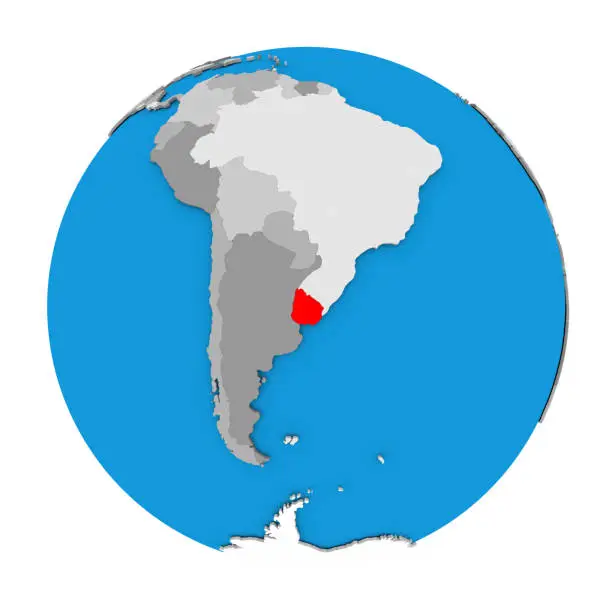Uruguay stands at 29th globally in the latest International Property Rights Index (IPRI).
The index, which is essential for assessing economic growth, places Uruguay as the leader in Latin America.
Last year, Chile topped the list in the region, but this year it slid to second place.
The IPRI breaks down into three key subcategories: Legal Environment, Physical Property Rights, and Intellectual Property Rights.
Americans for Tax Reform carry out the annual assessment. Uruguay impresses with a score of 6.3, clearly standing apart from its regional peers.

Here’s how Latin American countries fared in the IPRI rankings:
Uruguay: 29
Chile: 38
Costa Rica: 40
Panama: 60
Dominican Republic: 75
Mexico: 76
Colombia: 80
Brazil: 83
Paraguay: 86
Peru: 87
El Salvador: 90
Ecuador: 94
Argentina: 95
Honduras: 102
Nicaragua: 110
Bolivia: 116
Venezuela: 125
In North America, the United States ranks 14th and Canada is at 16th place. In the global context, Finland, Singapore, and the Netherlands lead the rankings.
Meanwhile, experts warn about the endangerment of property rights in Latin America. At a forum held in Miami, scholars expressed their concerns.
Carlos Sánchez Berzaín, an academic from Bolivia, emphasized the link between strong property rights and a stable democracy.
Eduardo Gamarra, another expert, highlighted that illegal land seizures create legal insecurity and hamper development.
Daniel Hadad, the executive president of Infobae, added that risks to property rights exist almost everywhere in Latin America.
Such threats discourage investment. In another index, the Index of Economic Freedom, Chile again leads in Latin America, with Uruguay trailing close behind.
By capturing these insights, it’s clear that while Uruguay leads in property rights, the larger picture in Latin America remains complicated and fraught with challenges.

